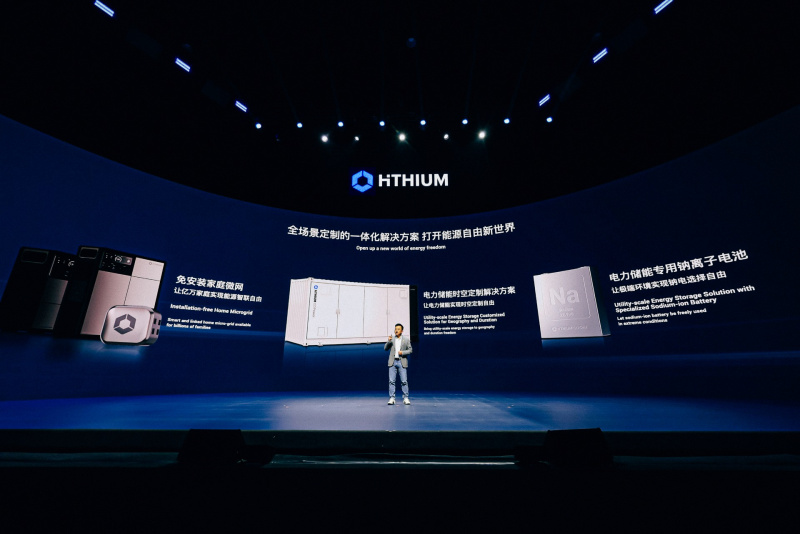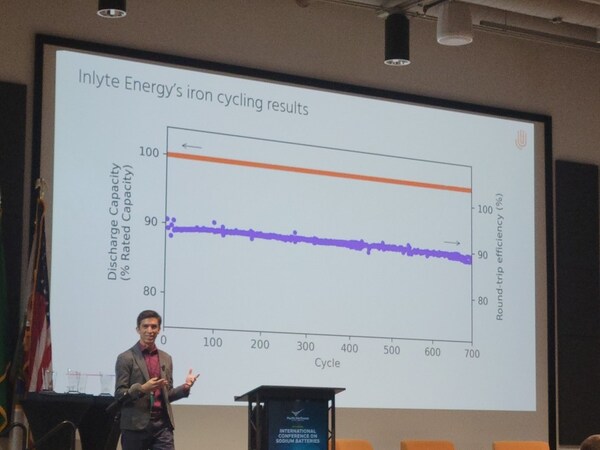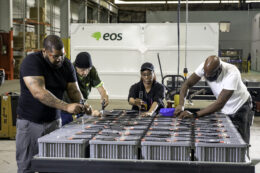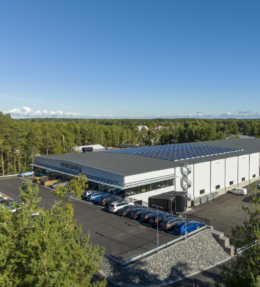Eos to supply zinc aqueous batteries to Nebraska utility storage project

Nebraska-based electricity provider Lincoln Electric Systems (LES) has signed a deal to facilitate the development, financing, and operation of a new battery energy storage project that will be built near an existing electrical substation.
The other parties involved in the agreement are the planned project’s technology providers Eos Energy, Wattmore, and financiers Bridge Renewable Energy.
The deal will enable LES to leverage battery technology to serve the homes and businesses it caters to. The 3 MW/12 MWh system is to be Lincoln’s first BESS, and it will support the region’s electric grid as well as a local city microgrid which is powered using solar among other resources.
Eos will supply its United States-made zinc aqueous batteries, made using the company’s third-generation Eos Znyth technology. The batteries are designed for long-duration, non-flammable energy storage and to provide an alternative to lithium-ion technologies. In June, Eos secured a $315.5 million investment by Cerberus Capital to expand its long duration energy storage market footprint.
Colorado’s Wattmore will integrate Eos’ batteries with its proprietary EMS software platform, Intellect Operate. The software dispatches power from the batteries, controls charging and discharge, and monitors battery performance. The system monitors battery state of health at the string level and creates a battery dispatch schedule to maximize grid support, cost savings, and revenue for the operator. It uses machine learning and analytics for accuracy.
The company’s founder and CEO, Jonathan W. Postal, said he believed the Intellect Operate EMS and battery control platform would be “a great fit for municipal utility energy storage and their specific needs.” In addition to providing its technology, Wattmore will be a co-developer on the project.
Emeka Anyanwu, CEO of LES, said the utility looked forward to working with its partners on the project to assist the community in gaining an understanding of battery storage’s benefits for the local grid.













